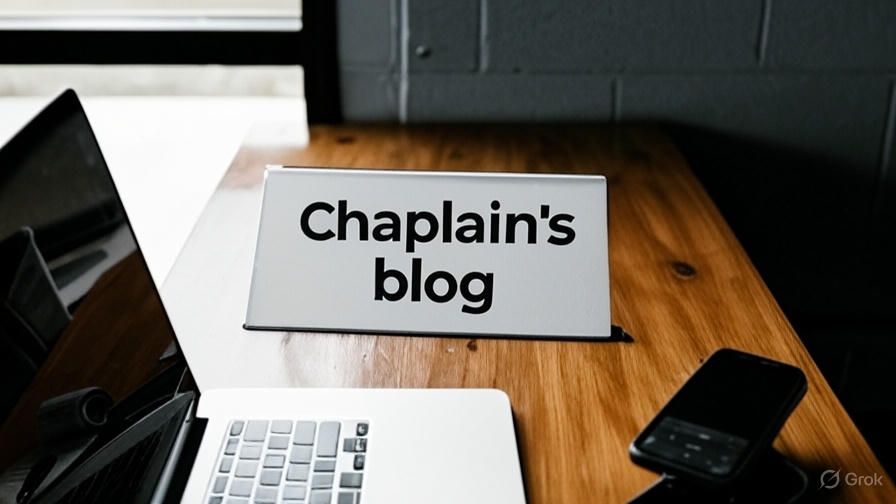Malleable: The Formation of Identity and Healing
In Genesis, God taught Adam and Eve what they needed to know—what was good, what was harmful, what would sustain life, and what would lead to death. They were malleable, shaped by His wisdom, with no prior foundation to guide them.
God gave them everything necessary to thrive in the world He created. Yet soon, they encountered Satan—the deceiver. He questioned God’s commands, twisting the truth, tempting Eve to eat from the one tree God had forbidden. Eve responded, but she altered God’s words, saying:
"We shall not touch or eat from this tree or we shall surely die."
Satan seized the opportunity to sow doubt:
"Did God really say you would surely die?"
And what of Adam, standing nearby? He knew the truth—yet he followed Eve, choosing disobedience.
The result? Shame. They saw their nakedness, their vulnerability, and scrambled to cover themselves. For the first time, they understood the weight of what they had lost.
The Formation of Self-Concept
Much like Adam and Eve, our identity is shaped by those who teach us, raise us, and speak into our lives.
We are born as blank slates, absorbing everything told to us—what is right, what is wrong, what is safe, what is dangerous.
Yet, not all guidance is life-giving.
The Power of Words
As a child, I was told:
“You are stupid.”
“You are worthless.”
“You are unlovable.”
“Go lie in the street and count mufflers.”
“You will never amount to anything.”
I was mocked, rejected, and ridiculed—not just by peers, but by authority figures.
I was abused—physically, mentally, emotionally, sexually. The weight of shame followed me everywhere.
Words became chains.
They formed my view of myself—convincing me that I was incapable, inadequate, a failure. And in response, anger took root.
I lived to prove that I was not the person they said I was.
The Lasting Effects of Childhood Words
During our malleable years, our identity is shaped by the voices around us.
The words spoken by parents, teachers, and mentors form the fabric of our self-perception.
We begin to conform to the expectations placed upon us—even if they are destructive.
The Chain of Pain
When children internalize shame, it manifests as:
Anger
Fear
Self-hatred
Bitterness
Racism
Spitefulness
And the cycle continues.
Those who have been shamed grow up to shame others.
Those who have been hurt pass hurt down.
Families are fractured—marriages fail, mental illnesses emerge:
Depression
Anxiety
Bipolar disorder
Obsessive-compulsive disorder
Panic disorders
These struggles do not appear out of nowhere—they are often rooted in unhealed wounds passed down through generations.
Breaking the Links
Healing begins by understanding the source of pain—by uncovering where the cycle began and how it has evolved over time.
Healing requires intentional work, not just a few conversations. Some wounds take time.
Be patient—with yourself and with those who walk alongside you.
There will be days when you feel empty, drained, uncertain if change is possible. But don’t give up.
The end of the journey is always better than where you began.
A Final Encouragement
Your past does not have the final word.
The voices that shaped you do not define you.
Healing is possible.
And when transformation comes, it will rewrite everything you once believed about yourself.
Hold fast. Keep going.
The best is still ahead.

